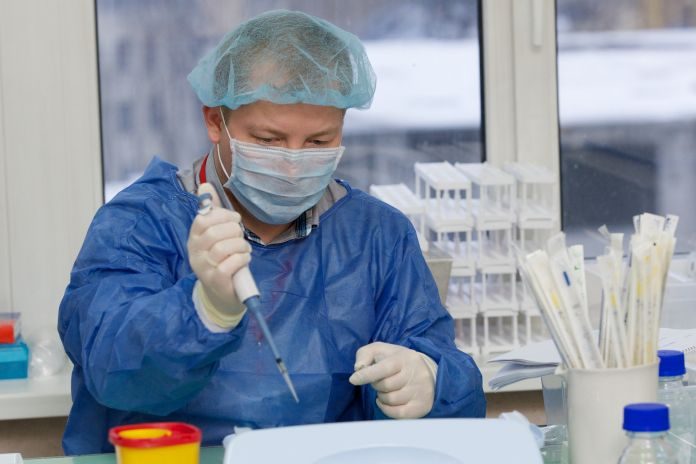GENEVA, Switzerland – World Health Organisation (WHO) expert advisory committee has approved the first phase of a new global registry to track research on human genome editing. The 18-member committee also announced an online consultation on the governance of genome editing.
Addressing the second meeting of the committee on effective governance and oversight of human genome editing, Dr Tedros Adhanom Ghebreyesus, WHO’s Director-General, said, “Since our last meeting, some scientists have announced their wish to edit the genome of embryos and bring them to term. This illustrates how important our work is, and how urgent. New genome editing technologies hold great promise and hope for those who suffer from diseases we once thought untreatable. But some uses of these technologies also pose unique and unprecedented challenges ethical, social, regulatory and technical.”
Dr Tedros emphasized that countries should not allow any further work on human germline genome editing in human clinical applications until the technical and ethical implications have been properly considered.
Accepting the recommendation of the committee, WHO announced plans for an initial phase of the registry using the International Clinical Trials Registry Platform (ICTRP), a WHO entity. This phase will include somatic and germline clinical trials. In order to ensure that the registry is fit for purpose and transparent, the committee will engage with a broad range of stakeholders on how it will operate.
The committee called on all relevant research and development initiatives to register their trials. To enhance the development of a global governance framework for human genome editing, the committee will undertake online consultations and in-person engagement.
WHO’s advisory committee on developing global standards for governance and oversight of human genome editing was announced by Dr Tedros in December 2018.





